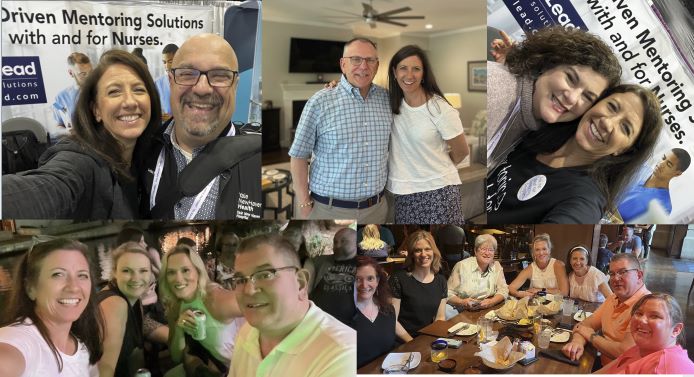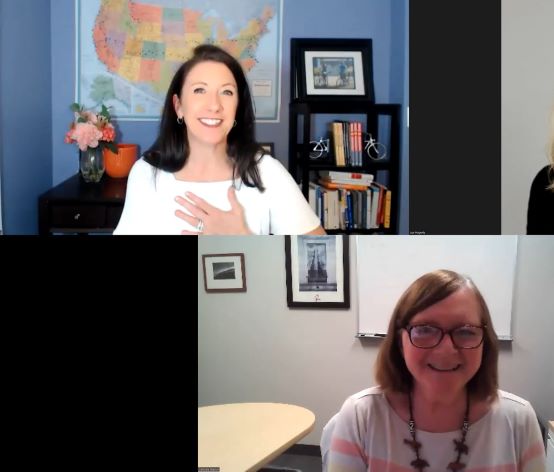
[Flash] Opportunities Favor the Involved
|
“I never leave the set. I don’t believe in it.”
In a recent interview about her Golden Globe-winning role in the movie, Everything Everywhere All at Once, Jamie Lee Curtis revealed her strategy for getting more on-screen time in movies. “Don’t go back to your trailer. It is not your friend.” When she filmed the 2019 movie Knives Out, director Rian Johnson called Curtis his MVP because she never left the set. As a result, the director incorporated her into more scenes and shots than he had originally planned. She landed more opportunities to be in the film because she never retreated to her trailer. Curtis calls this her “secret sauce.” But why does it work? Trust. We trust people we see, know, and share experiences with. We trust people who consistently show up. We trust people who support our projects and ideas. We want to engage with people who want to engage with us. Curtis doesn’t just arrive when she needs to perform. She takes the initiative to engage and engross in her environment. By not leaving the set, she builds and strengthens personal connections, gains valuable context, contributes fresh ideas, and supports the film’s success. Similarly, mentees report extraordinary mentoring relationships when they immerse themselves in the experience:
Of course, sending an email and waiting for a mentor to respond is easier. Of course, sitting in the trailer until a director calls for you to read the script is easier. But if we value an opportunity or a connection, we must be willing to demonstrate it unconventionally, unexpectedly, and unabashedly. So, get “on set!” Turn on the Zoom camera! Drive to an event! Meet in person! Go into the office! Jump on a plane! Attend a conference! Spark conversations! Invite ideas! Shadow! Marvel! Speak! Listen! Contribute! Linger! Absorb! Mentor! Delight! Opportunities favor the involved. © 2023. Ann Tardy and MentorLead. www.mentorlead.com. All Rights Reserved. |







